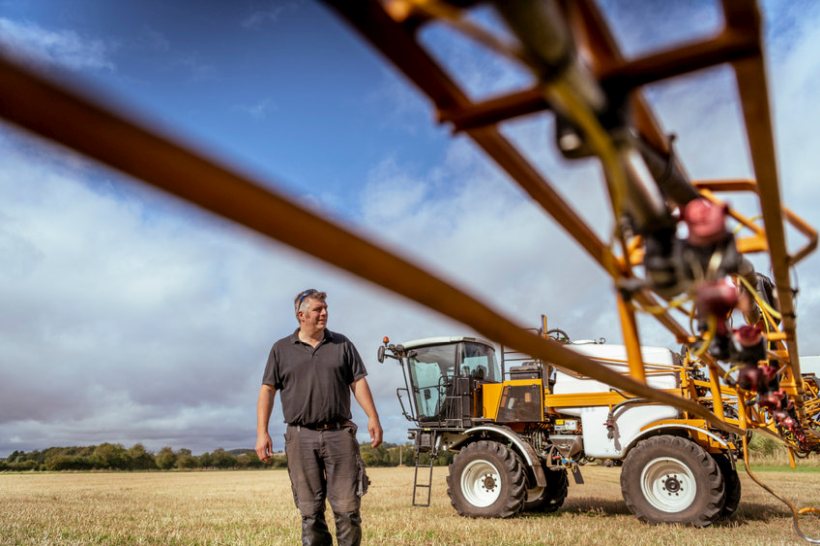
Only one in five of the UK public are confident that they can spot the symptoms of melanoma, a skin cancer which is more likely to affect outdoor workers such as farmers.
New survey data by the charity Melanoma Focus shows that knowledge of signs is particularly low in males, with only 58% knowing that a change in an existing mole or lesion could be a symptom.
Young people were shown to be less concerned about skin cancer, with only 68% saying they would see their GP if they noticed the red-flag symptom.
Female respondents were much more likely to correctly identify all melanoma skin cancer symptoms and more likely to know that SPF30 or above is generally advised as the most appropriate level of sunscreen protection.
Cases of melanoma are increasing in the UK and it is now the fifth most common cancer.
There are around 2,300 melanoma skin cancer deaths in the UK every year - more than 6 every day - and the number of cases is expected to rise.
Outdoor workers, such as those in the agricultural sector, are at greater risk of the cancer due to their exposure to the sun's UV rays, which can cause skin damage and sunburn.
Susanna Daniels, CEO of Melanoma Focus, said farmers in particular need to be more aware of their skin and moles, and to look out for any changes.
“Melanoma is the most serious form of skin cancer. However, if detected early, most cases can be cured by surgical removal," she explained.
“Everyone should be aware of their skin and moles, looking out for any changes. This is especially important for people who spend a lot of time outdoors or work in construction, farming or other outdoor jobs.
“It’s crucial that you contact your GP if you notice new or changing moles or lesions.”
Matt Heywood from Buxton, Derbyshire was diagnosed with melanoma skin cancer last year.
He noticed a mole on his back had changed shape, but he didn't go to his GP because he didn't think it was serious to start with.
"I was fit and felt healthy and only 37 so I didn't consider I might have cancer," Matt said.
"I also didn't know what melanoma was, despite having the risk factors of red hair, blue eyes and pale skin.
"Eventually the mole got bigger and darker and my fiancé persuaded me to go to the doctor.
“It was a huge shock to be diagnosed with melanoma skin cancer and a much bigger shock to find out it had spread to my lymph nodes."
He added: "I ended up having four lots of surgery, I continue with my immunotherapy and I have lost some feeling and function in my arm.
"I have two young children who need me and my advice to everyone out there who may be putting off seeing a doctor about a changing mole is to prioritise your health.
"You need to take care of yourself so you can be there for those who need you. Don't wait to get checked."
